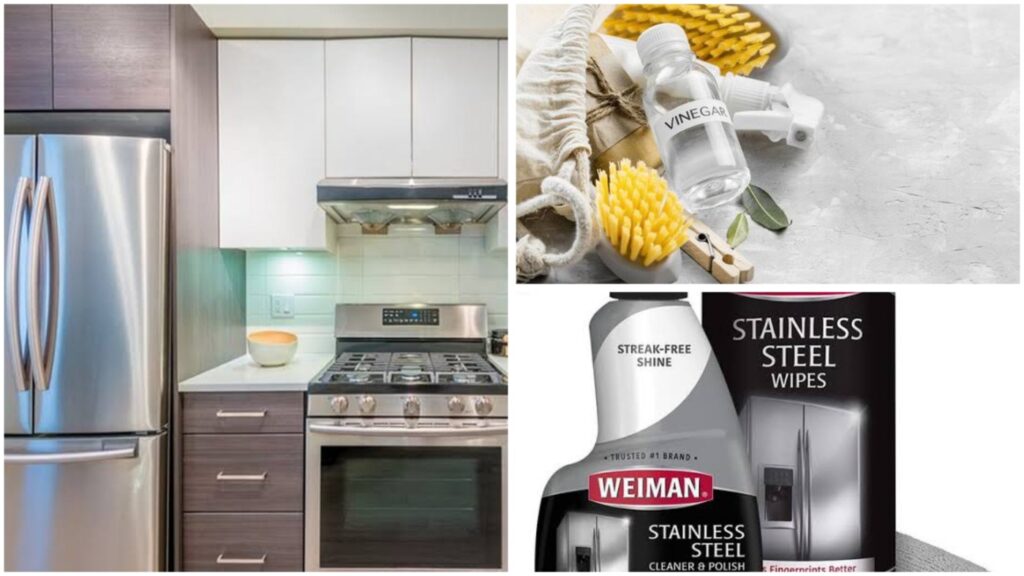Stainless steel appliances in your home can lose their attractiveness pretty fast. All it takes is multiple grease and fingerprint stains, and viola, your home is deprived of that modern look.
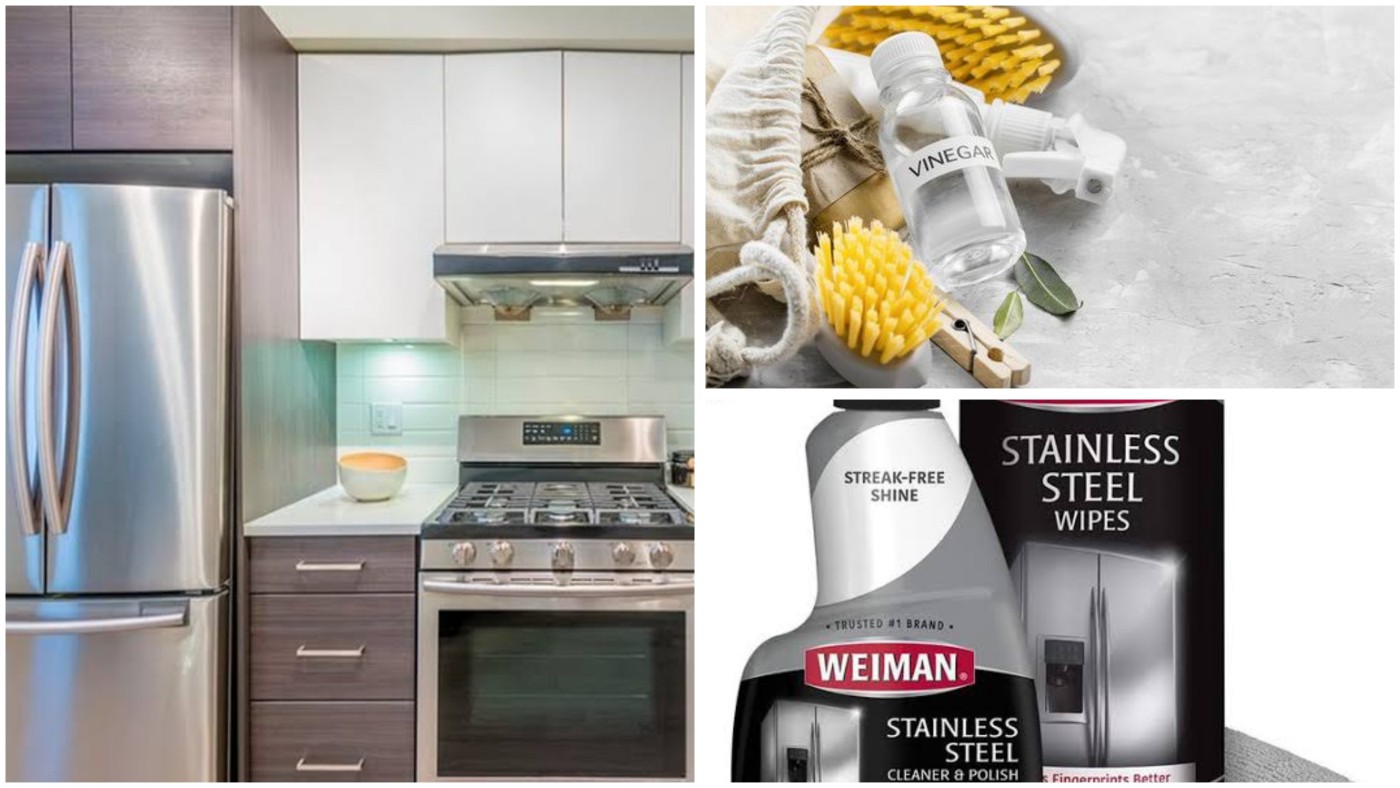
Thankfully, a cleaning expert on Tiktok has shared cost-effective and practical solutions to erasing these stains from your appliances and restoring their sleekness. Let’s dig in.
“Bye-Bye Stains”
A TikTok video shared by a user, Michelle (@easycleaningwithmichelle) has wowed viewers by demonstrating a magical cleaning procedure. The video with the caption “Bye-Bye Stains” showed how a stainless steel stove lost all its smudge in a few seconds with a few swipes by a sprayed cloth.

Source: Quora
Michelle offered some explanation on the what’s and how’s of the cleaning process.
The Secret Formula is Something You Already Know
Most of the time, the solutions we seek are right before us. There must have been gasps and wide eyes from viewers after Michelle explained that the secret behind the cleaning was vinegar. Many will probably discover for the first time that vinegar cleans stainless steel.
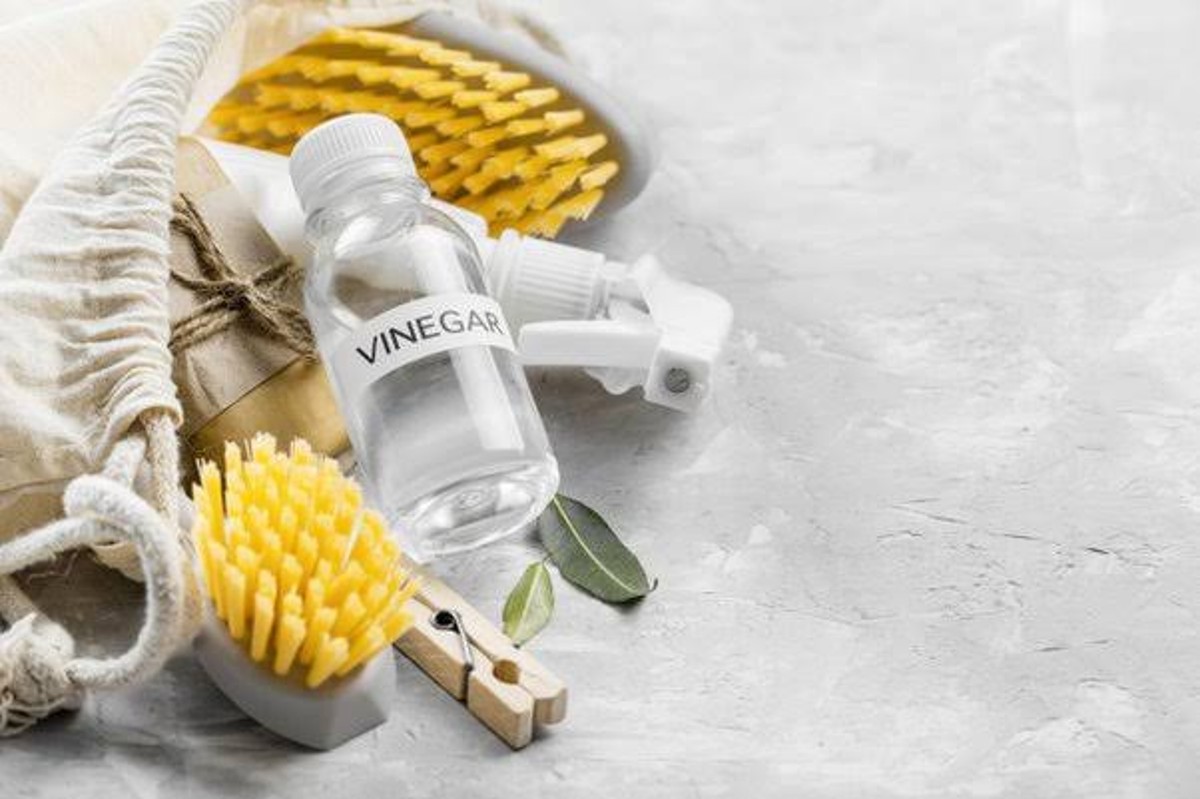
Source: Quora
According to Michelle, vinegar is a potent cleaning agent. The liquid will clean your stainless steel appliances and restore their sparkle in no time.
The Versatility of Vinegar For Cooking
People know vinegar for being the junior partner to salad dressings. Vinegar in its white form has a harsh and sharp flavor but alongside the Apple Cider variant, is a popular baking additive.
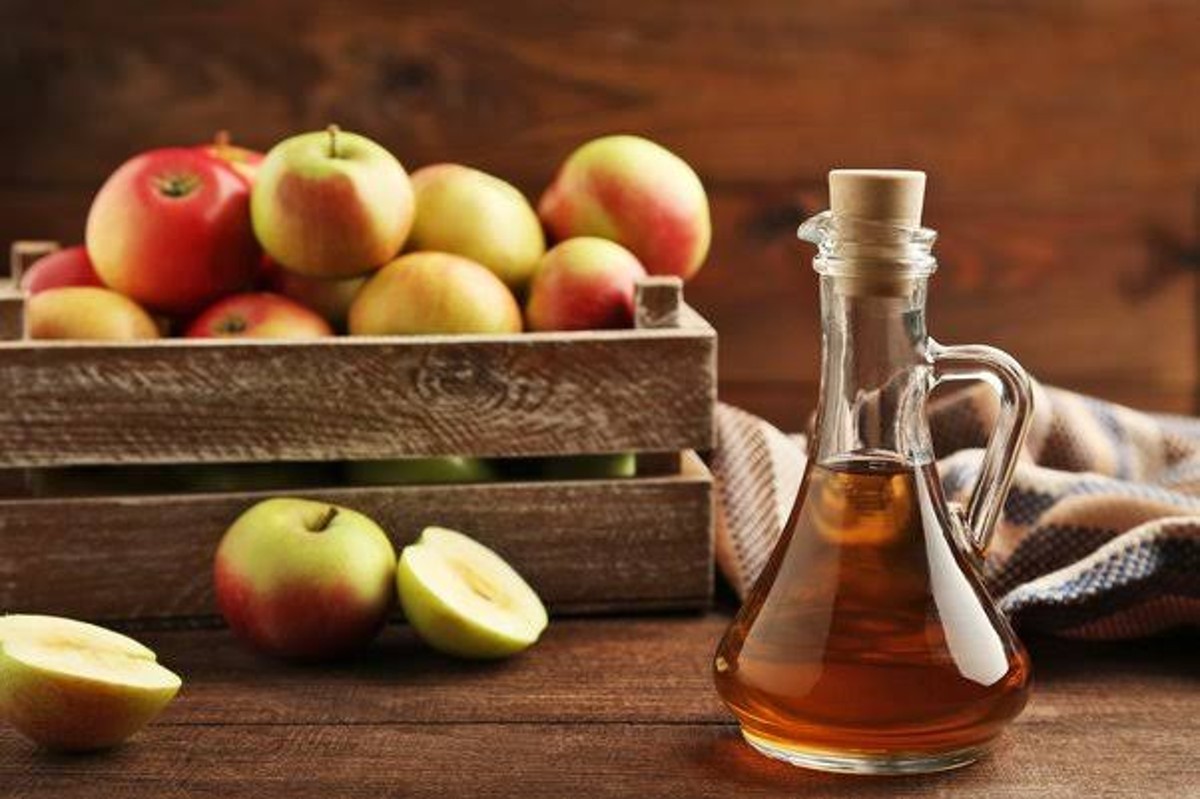
Source: Quora
Vinegar also glazes vegetables, pickles cucumbers and onions, and produces Japanese dipping sauces and condiments. Adding a teaspoon of vinegar to your pie sauce will deliver some of the flakiest crusts ever.
Vinegar is a Super-Effective Cleaning Agent
By every definition, vinegar will qualify as a multi-tasking cleaning product. Its range of cleaning services is not only vast but pretty exciting. You can use vinegar to sanitize surfaces and whiten windows.
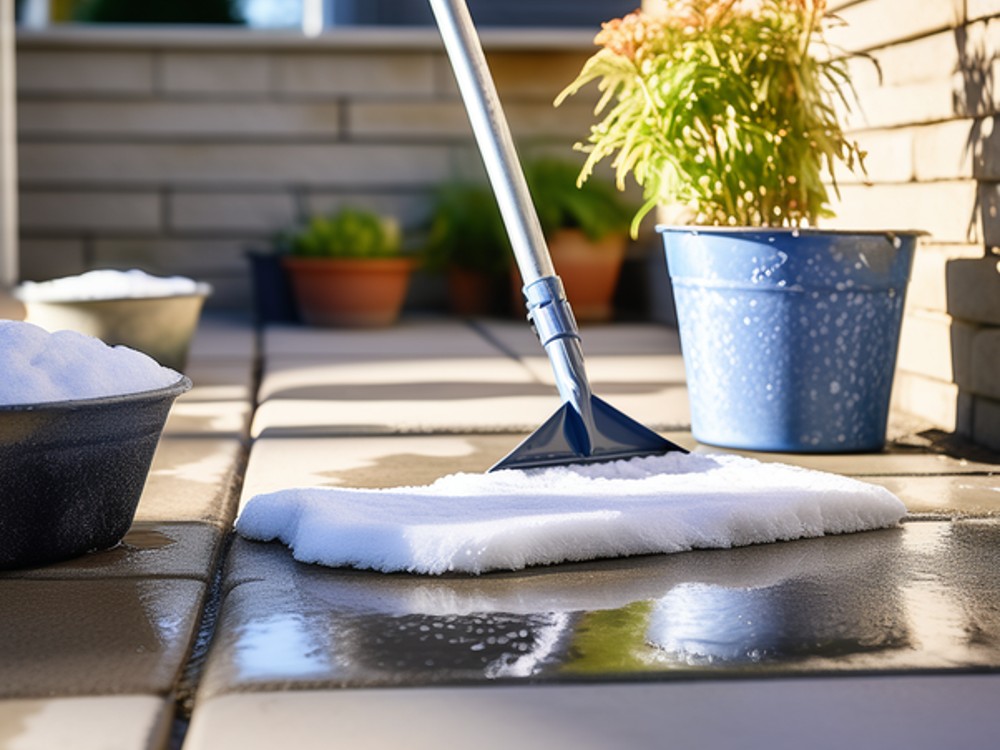
Source: Quora
There is a long line of things vinegar can clean in the home. From toilets, shower heads, glassware, and countertops to floors, the list goes on and on.
Distilled White Vinegar vs. white Vinegar
If you would love a vinegar that can serve both for cooking and cleaning, then go for distilled white vinegar. It’s also pretty easy on your pockets and will help you avoid using those harsh commercial chemicals.
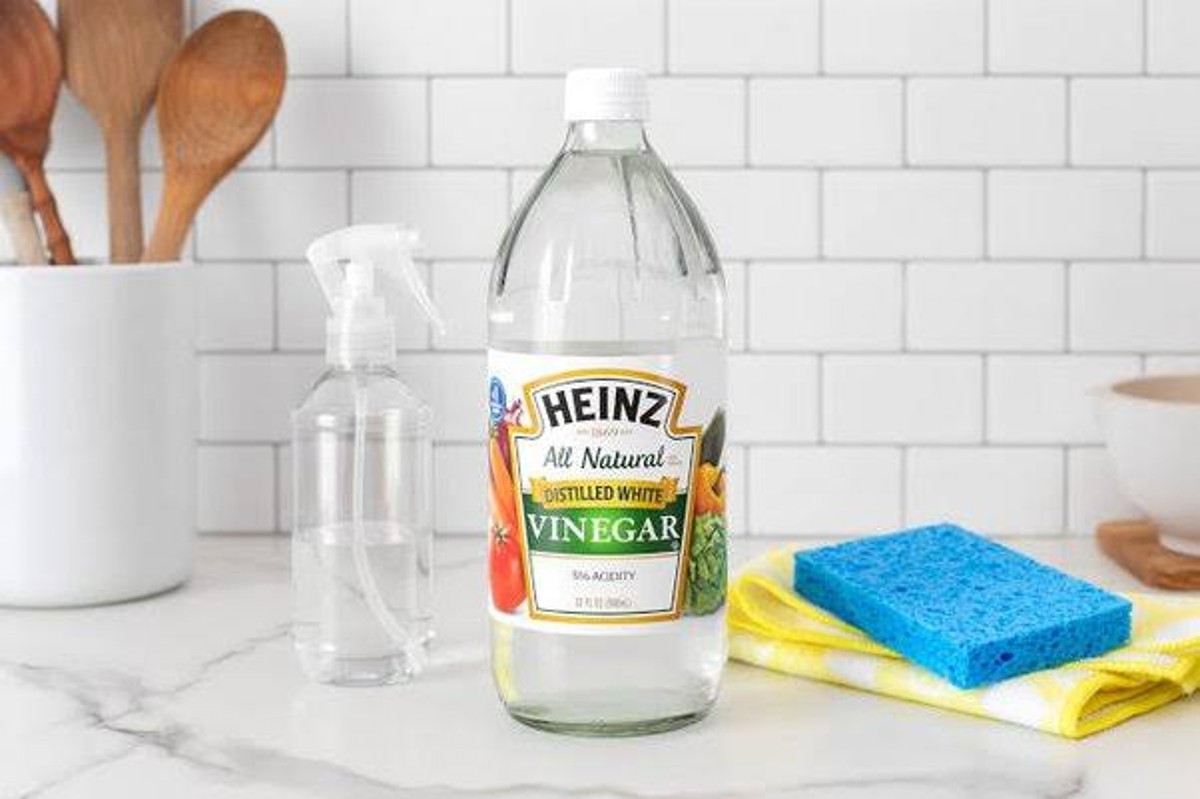
Source: Quora
The basic white vinegar which can have up to 18% more acetic acid is more useful for cleaning than cooking. Acetic acid is the major cleaning ingredient in vinegar.
What Makes Vinegar So Effective for Cleaning?
As we’ve previously mentioned, vinegar contains acetic acid and the acid provides most of its cleaning properties. The liquid can contain an acid strength as high as a pH of 2.4.
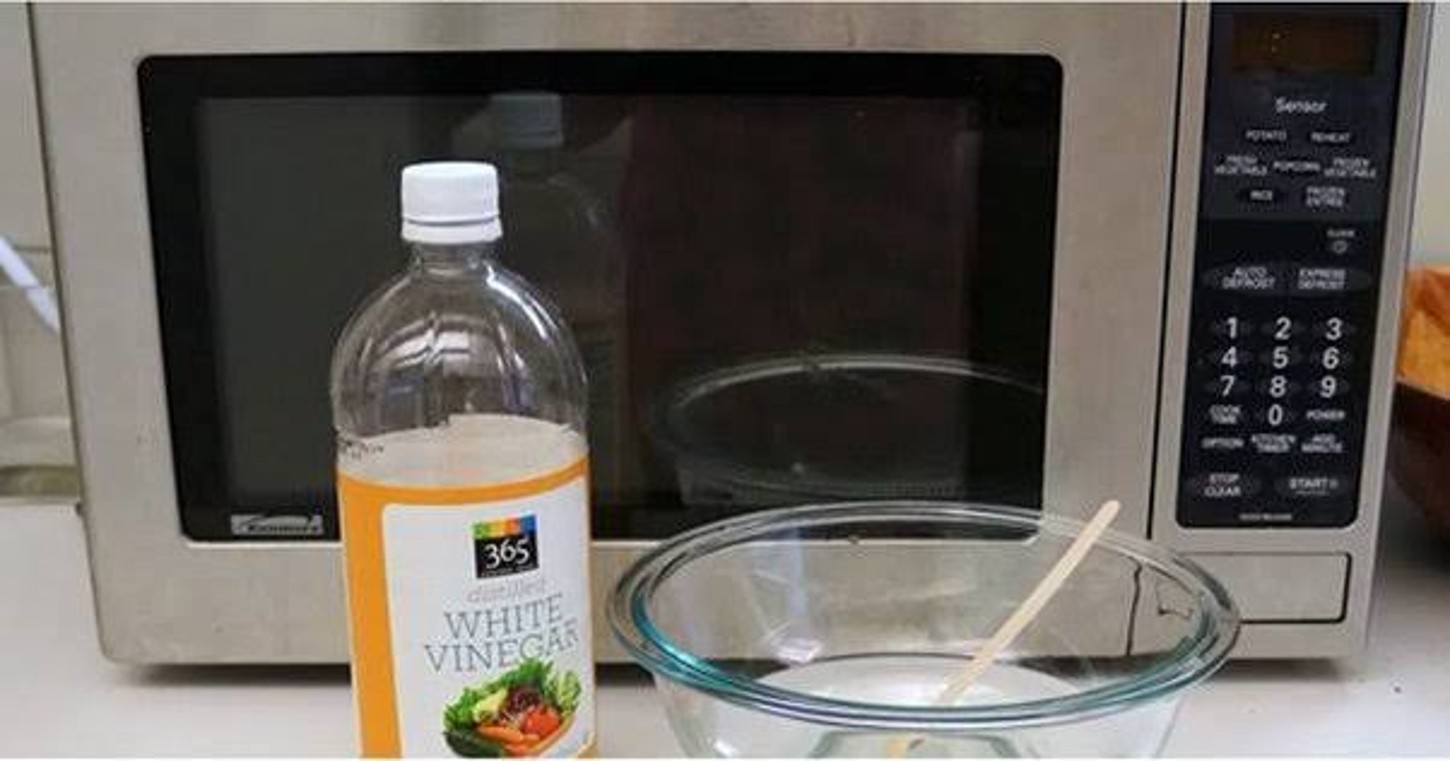
Source: Quora
This high level of acidity enables it to easily break down mineral deposits and stains. Of course, vinegar is diluted, making it friendly to both your skin and most surfaces.
Vinegar is Friendly to the Environment
Considering its wide usage, it would have been pretty disastrous if vinegar were harmful to the environment. Thankfully, vinegar is environmentally friendly for several reasons.
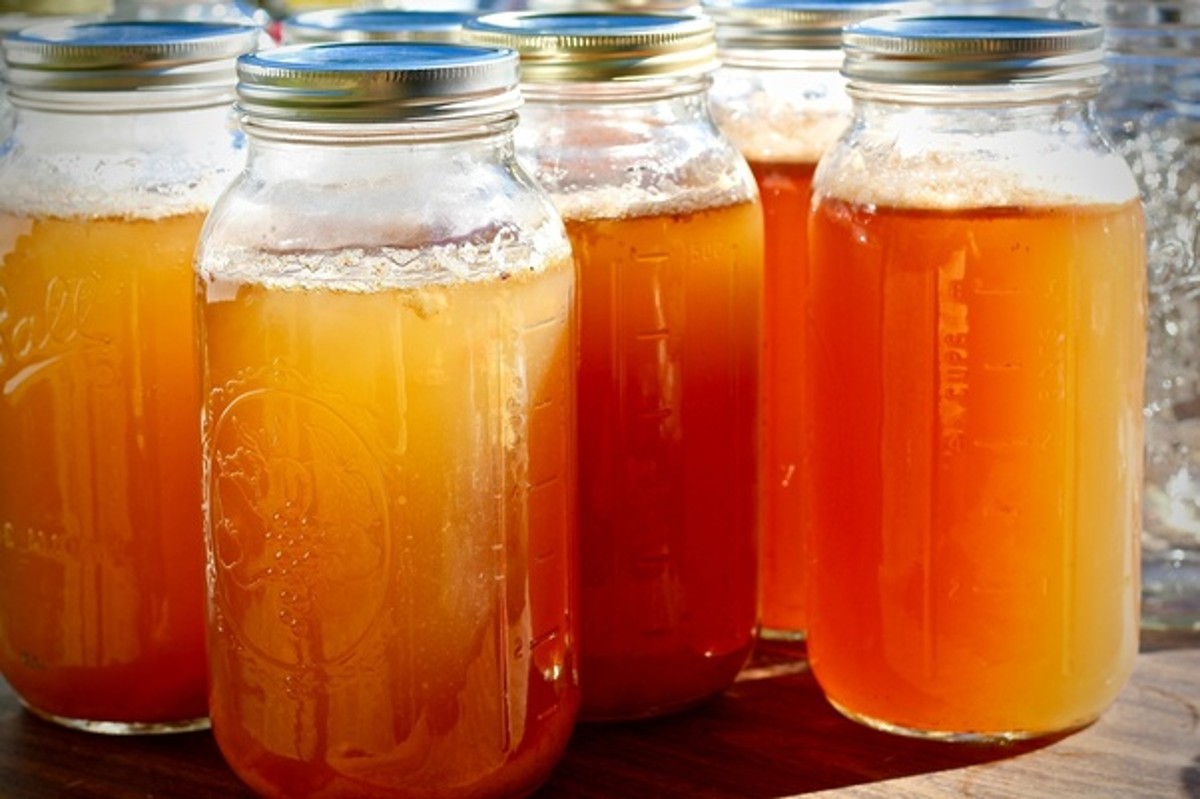
Source: Quora
It’s natural, biodegradable, and non-toxic, unlike the regular stainless steel cleaners. In addition, vinegar has earned an “A” rating from the Environmental Working Group for its low cancer risk in contrast to traditional cleaners, some of which are rated “F.”
You Spend Less When You Use Vinegar, But How Much Less?
Saving money is easy when you rely on vinegar for your house cleaning, especially for those stainless steel appliances. Name-brand stainless steel cleaners will cost you in the region of $5 for a one-ounce can. You spend way less on vinegar.
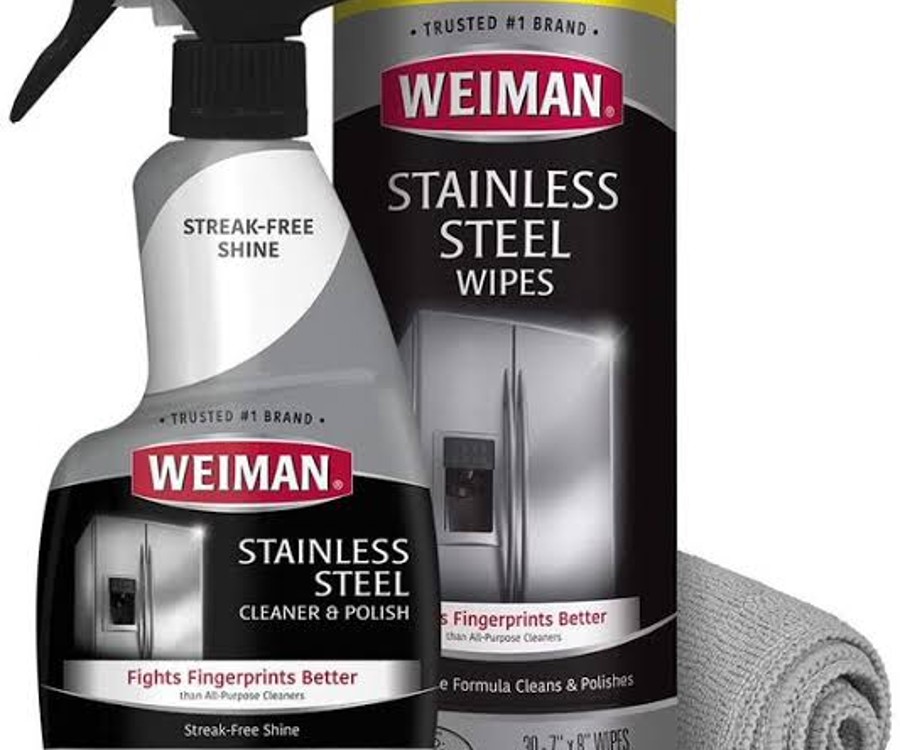
Source: Quora
You can get a gallon of vinegar for as low as $5. So, beyond its cleaning power, you benefit a great deal from its budget-friendliness.
Don’t Use Vinegar for These Surfaces
Before you get to thinking that vinegar is a good cleaner for every type of surface, let’s stop you right there. Never use vinegar on natural stone surfaces such as marble or granite because it’ll make them etch.

Source: Quora
Also avoid using vinegar on electronics like laptops and tablets, egg spills or stains, hardwood floors, or cast iron and aluminum cookware because it’ll severely damage them.
Never Mix Vinegar With These Chemicals
The temptation to mix vinegar with other cleaning agents is going to be high. But you need to exercise a great deal of caution because vinegar doesn’t get along with several cleaning agents.
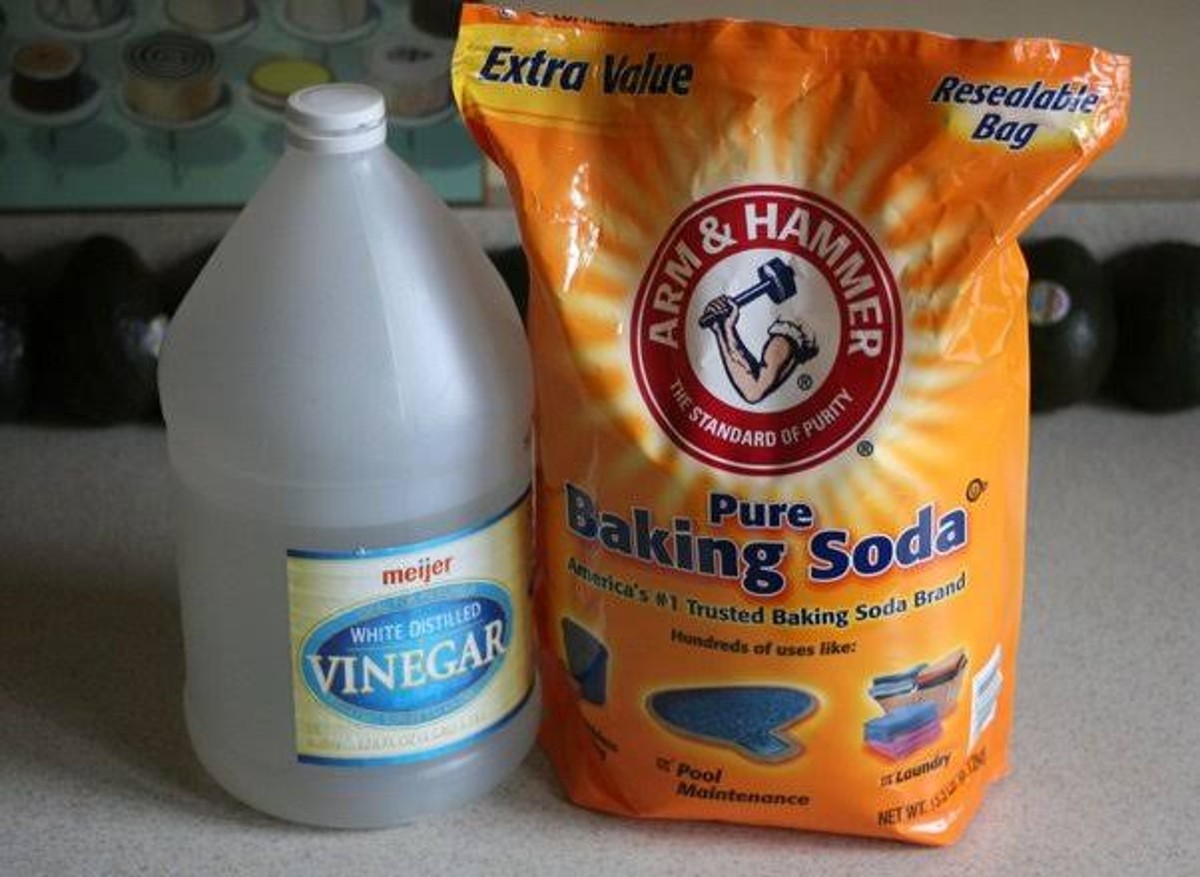
Source: Quora
For example, avoid mixing vinegar with Ammonia, Bleach, Baking soda in a closed container, or Hydrogen Peroxide. The products of such mixtures are toxic and dangerous.
Cleaning Stainless Steel Appliances With Vinegar
To get streak-free and sparkly stainless steel appliances, use a microfiber cloth to apply vinegar to the appliance. Afterward, wipe the stainless steel grain to eliminate the fingerprints and smudges.
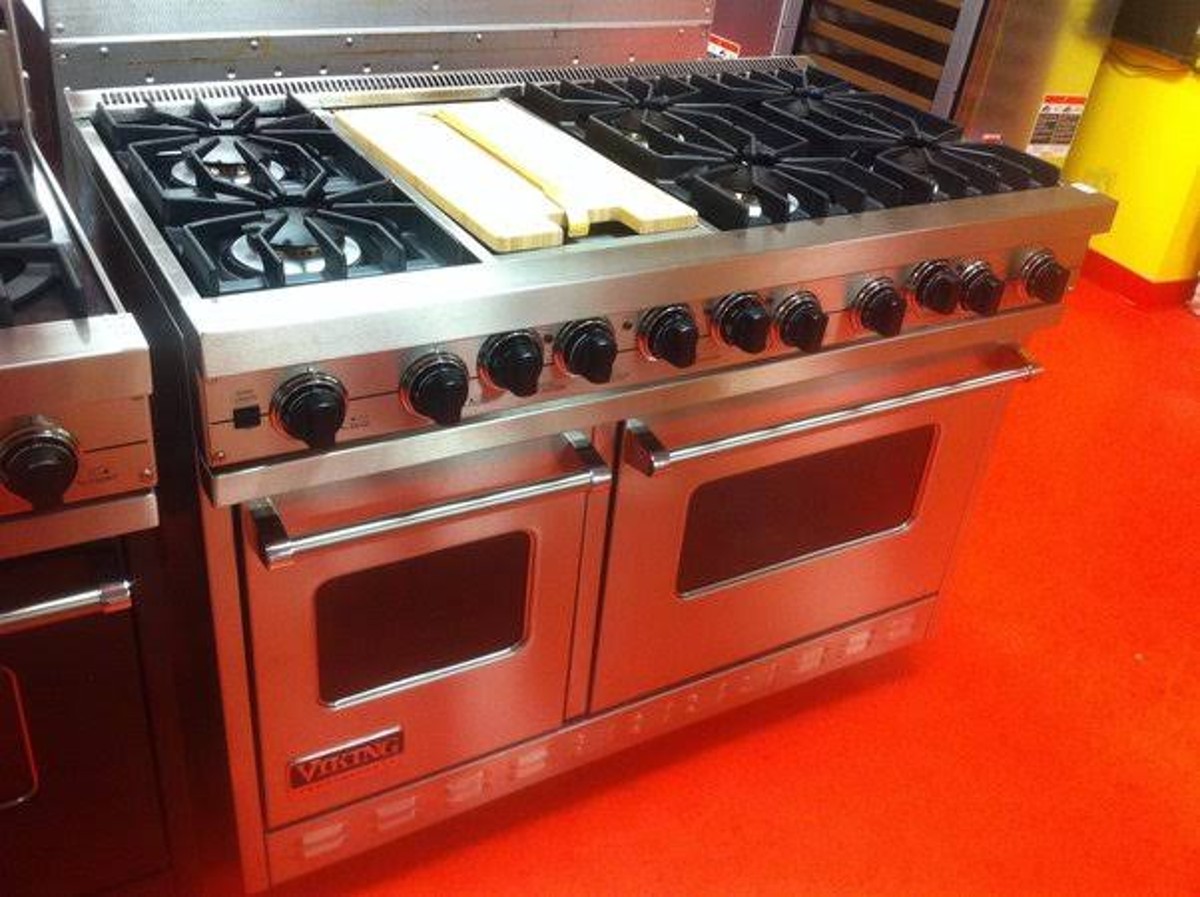
Source: Quora
You should get the same result as that from Michelle’s Tiktok video. “Nice shine,” and “Wow, I need to try that,” were some of the comments under the video.
